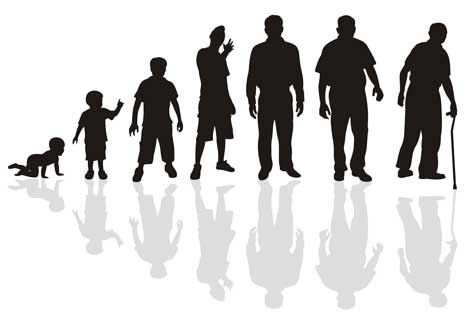
What stage are you at in the financial
lifecycle?
At the beginning of the year, I wrote an article on setting
financial goals (kindly check my blog to read the article). We are approaching mid-year and therefore it
is a good time to review the financial goals you set at the beginning of the year
to determine your progress to date. Please do give yourself a treat if you have
achieved or exceeded your goals. If you haven’t, do not despair, find out what
went wrong and make the necessary adjustments as you still have about 6 months
to make amends.
As we all know, financial goals are essential to create a
sound financial plan, however financial planning is influenced by your
lifecycle needs and conditions.
A lifecycle can be defined as a series of
stages an individual passes during his or her lifetime. There are different
theories on the number of stages in a financial life cycle, however, for simplicity;
I have divided it into 5 phases or stages.
Stage
1: Childhood
This is typically between ages 0-12. At this
stage we begin to understand the value of money i.e. N200 can buy more sweets
than N100. We begin to have conversations like
Kid: “Mum why can’t we buy a bicycle? Mum:
“Because we do not have enough money at the moment”. Kid: “But mum what about
the money in my piggy bank, I have a lot of money in my piggy bank”. Mum: “Honey,
N500 is not enough to buy a bicycle”.
Generally, we believe that money is to be used to
buy junk food and also to buy toys. If we have parents that are financially
intelligent, at this stage we would learn the basics of savings via a piggy
bank or a kids’ account. We would also learn the concept of earning money by
being paid for household chores as well as through mini businesses such as
making and selling lemonade or bracelets etc.
Stage
2 : Teenage
This is typically between ages 13-19. At this
stage we develop a better understanding of money. We understand that it is not
everything you want that you can get. We also start earning money via jobs like
baby-sitting, internships etc. In developed economies, at this stage teenagers
are sent to work in fast food restaurants or retail clothing stores to earn
some money. Needs include buying top-up cards for mobile phones etc. When you
get to university you begin to understand the importance of managing your
finances.
…….To be continued



0 comments:
Post a Comment